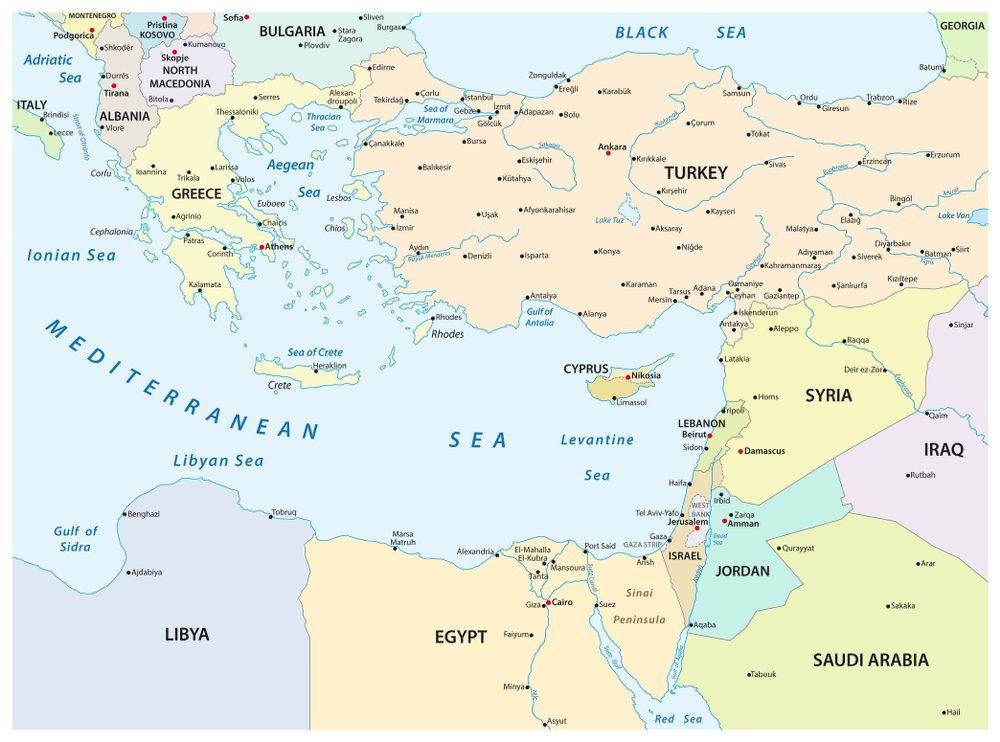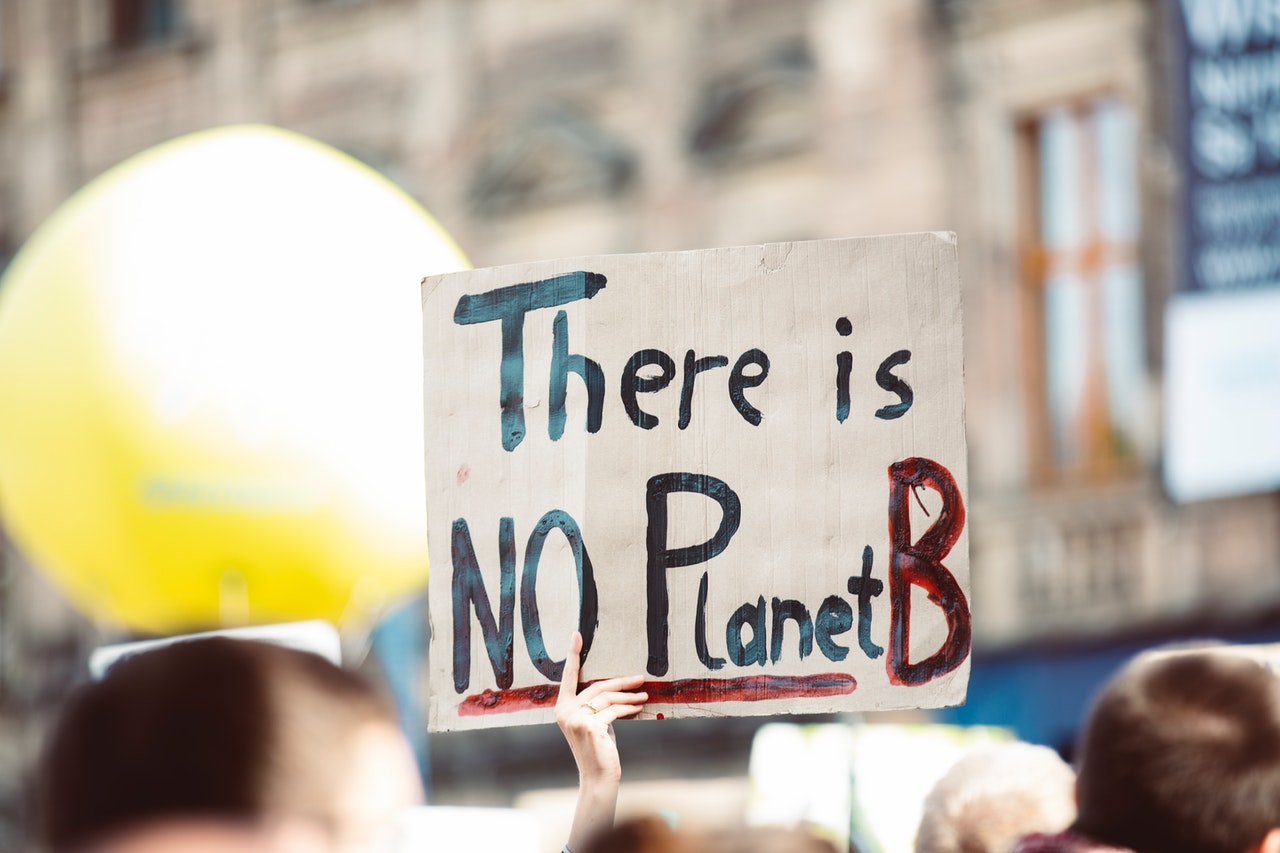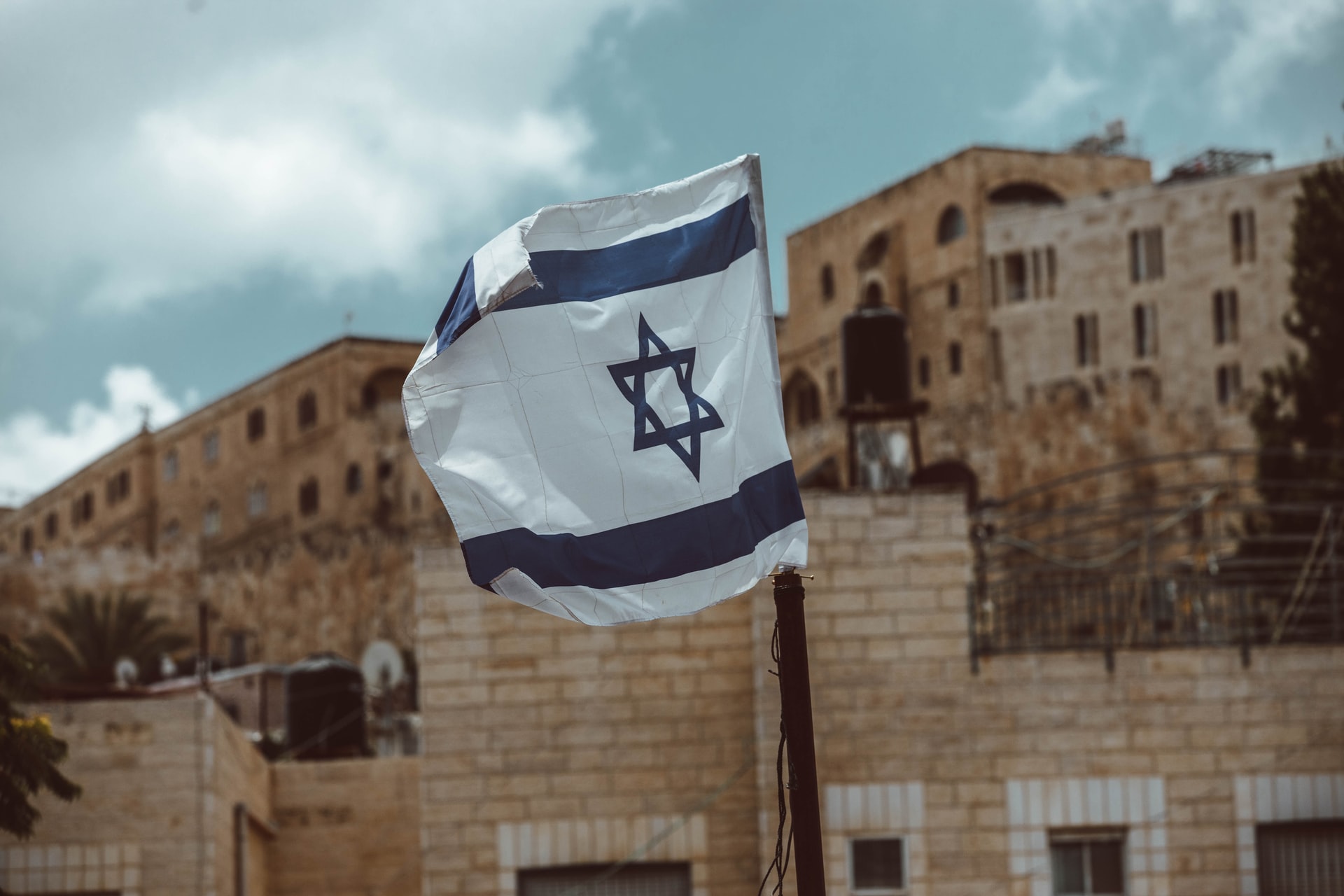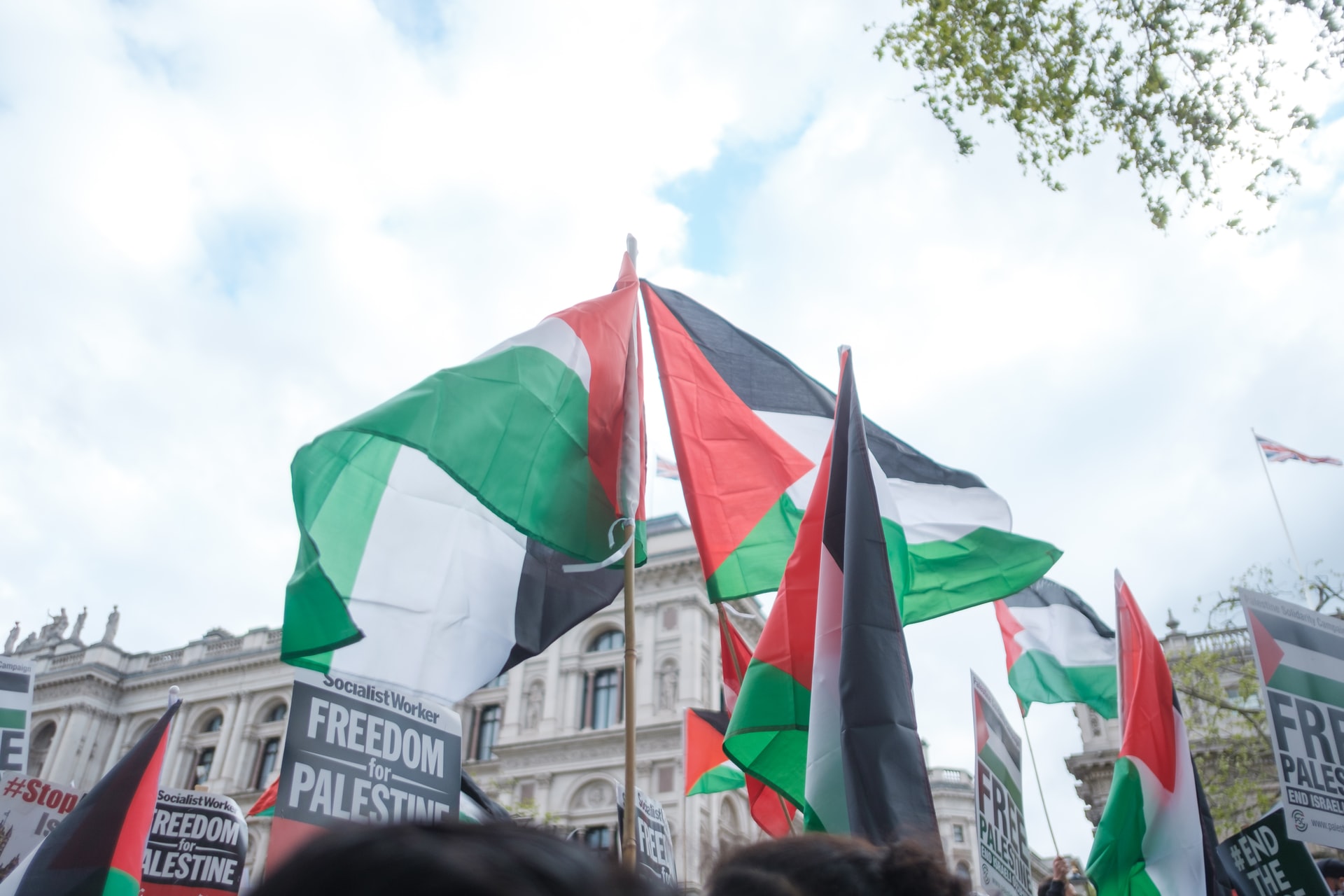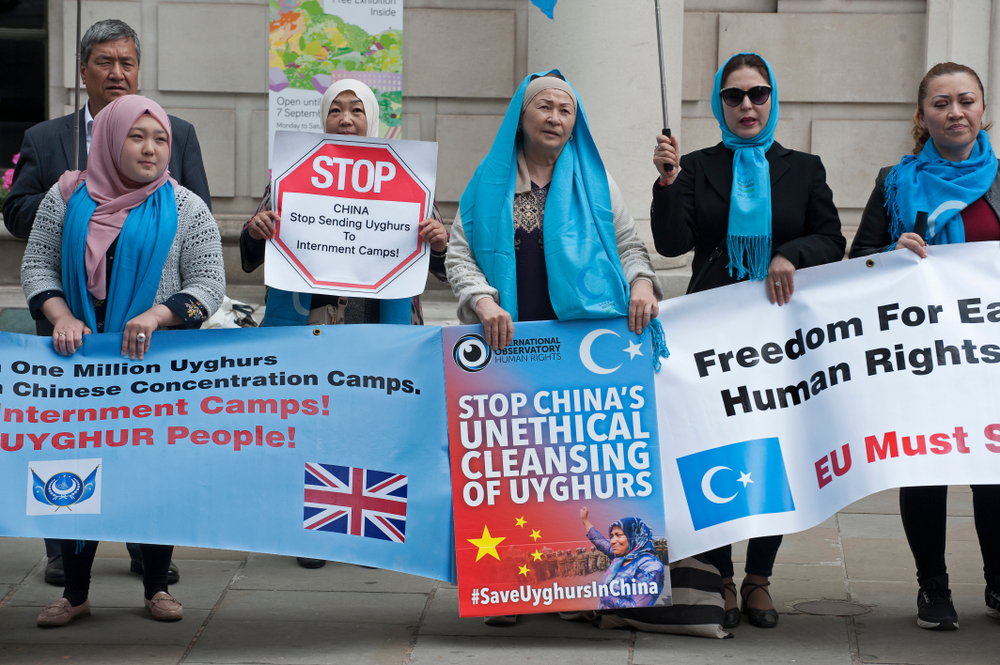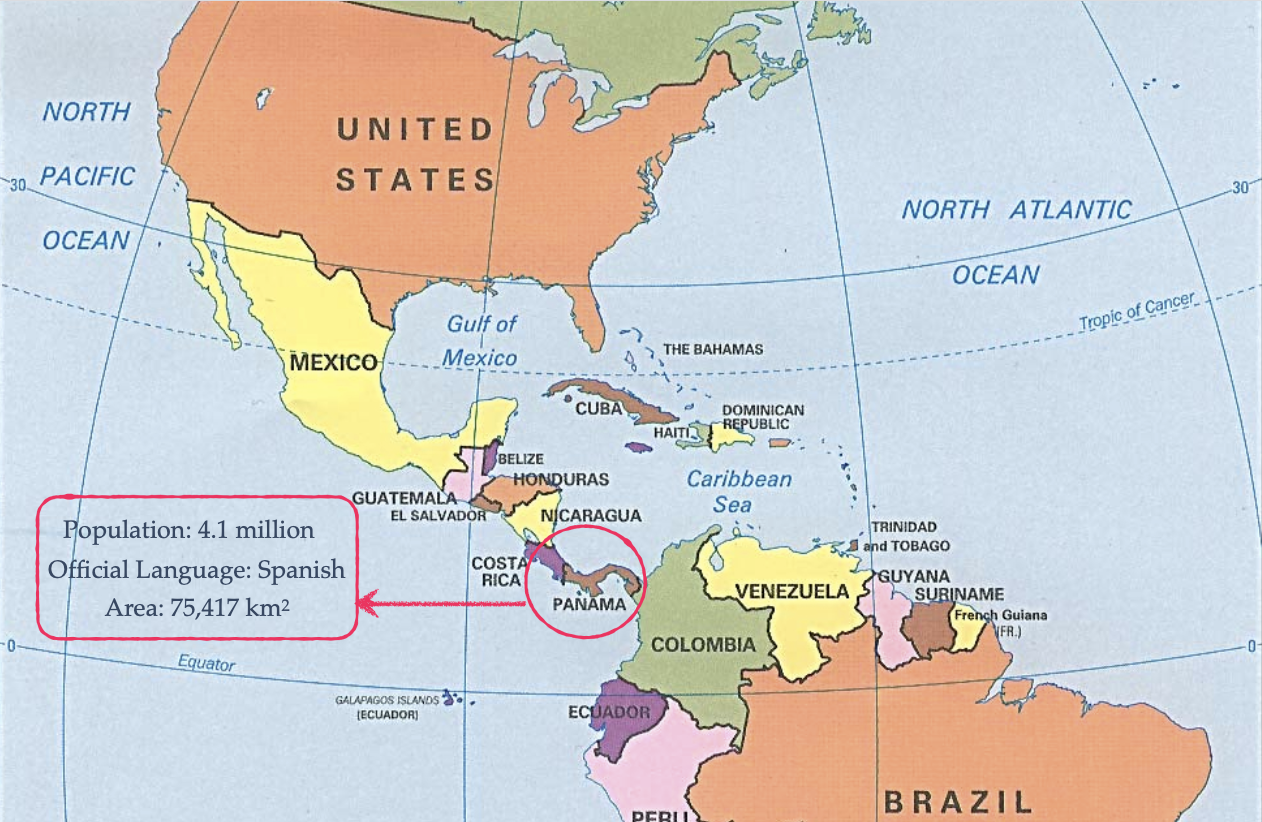Reading Time: 2 minutes
- Cyprus, an island in the Mediterranean Sea, saw 2 big waves of Greek population 3500 years ago; these people came in for trade and settled in huge numbers.
- But because of its strategic location, Cyprus kept being targeted by invaders, and every few hundred years, the rulers changed; in 1570, Cyprus came under the rule of the Ottoman Empire (Turkish).
- This brought a lot of Turkish people to Cyprus, many Greeks were killed but they were still the majority.
- Then in 1878, Britain took control of Cyprus and it remained so until 1960 when the island proclaimed its independence.
- However, Greek & Turkish populations had different visions for independent Cyprus – the Greek Cypriots wanted to unify Cyprus with Greece, while Turkish Cypriots wanted to divide the island between Greek and Turkey.
- And this had been a cause of sour relations and violence both in Cyprus, where Turks were a minority, and in Turkey, where Greeks were a minority.
- In 1974, the Greek Cypriot leaders gave up the ‘unification with Greece’ agenda but their government was overthrown by Cypriot National Guard, who wanted unification; violence was back and the Turkish Cypriots were attacked.
- Turkey wasn’t happy and, after trying negotiations through the US diplomacy, attacked Cyprus and took occupation of 40% (northern part) of Cyprus.
- This divided the island of Cyprus into 2 parts: the Turkish Republic of Northern Cyprus (not recognized globally) & the Republic of Cyprus, and added complexity to the already complex geography of the region.
- Now, recently the Republic of Cyprus found huge natural gas reserves in the rich waters of Cyprus; this prompted its partners – Greece, Israel, and Egypt – to work together & profit from this discovery.
- Because 40% of Cyprus is occupied by Turkey, it has always argued that Cyprus’ natural resources should be shared; this is one part of the problem.
- The other part is that 160+ inhabited islands, spread across the Mediterranean, are a part of Greece and some of these islands are just off Turkey’s shore.
- Under the UN Convention on the Law of the Sea, a coastal nation has complete rights over waters and natural resources for up to 370 kms from its shore.
- So, while Greece claims sole rights on the waters of these islands, Turkey doesn’t agree to this Convention and argues that a country’s claims should be measured from its mainland.
- Early this year, Turkey start drilling to the west of Cyprus and announced that it plans to go further; thus escalating tensions with Greece, Cyprus, Egypt, and a few other European countries.
Image courtesy of Rainer Lesniewski through Shutterstock
Reference shelf :

